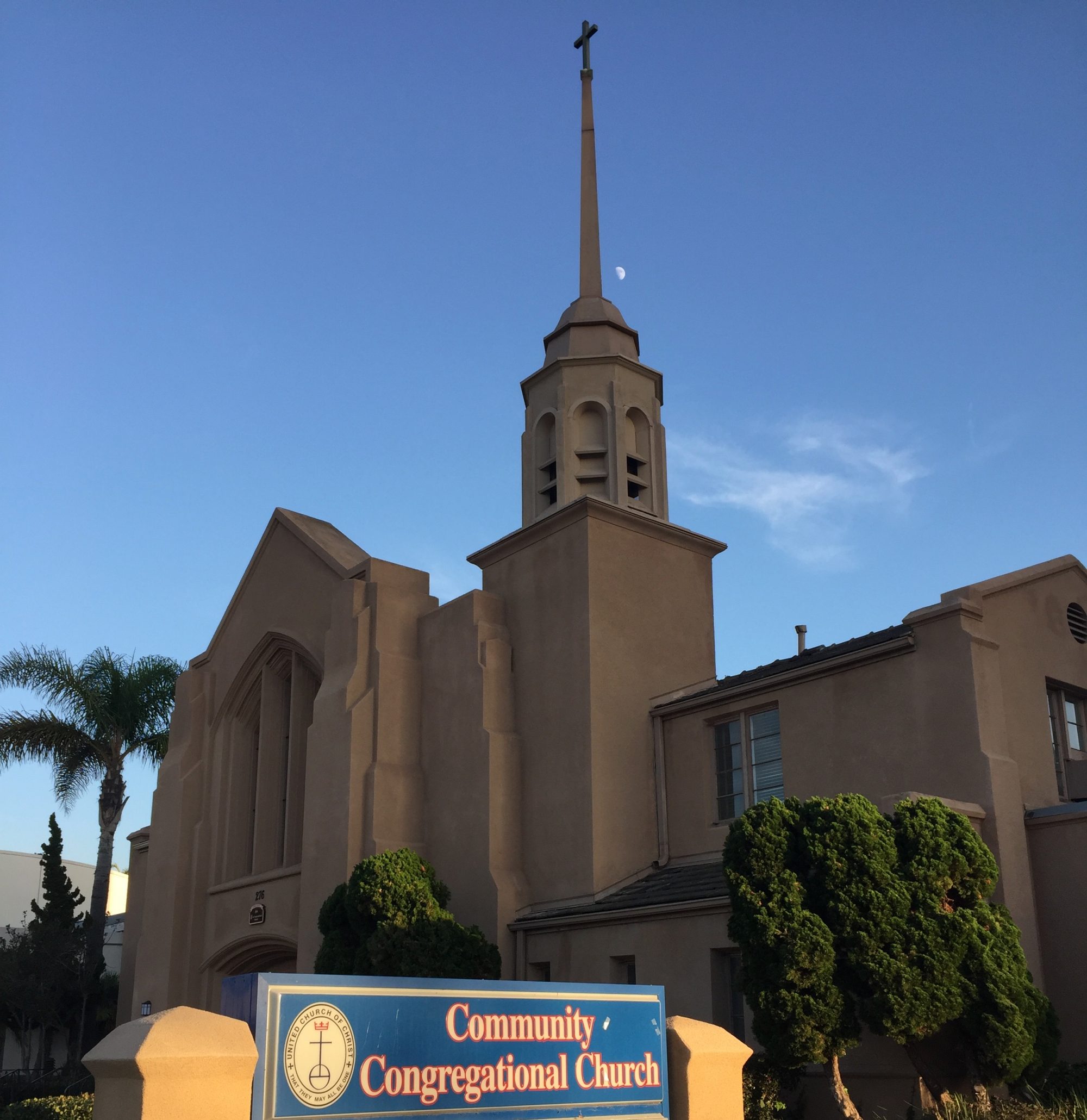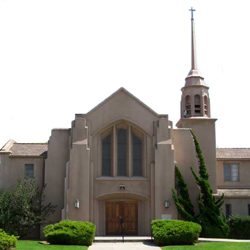Dear CCCV Friends in Christ,
Grace and peace to you on this day. You are welcome to join us for worship on Sunday at 9:30 AM as Pastor Liz live streams. Below are your worship materials and link to the video. Blessings!
Third Sunday of Pentecost
Order of Worship On-Line
Community Congregational Church of Chula Vista
United Church of Christ
P.O. Box 5574 Chula Vista, CA 91912
Call To Worship
Pastor: Incline your ear to us, O God.
People: Be gracious to us, O Lord.
Pastor: Gladden the souls of your servants.
People: You are a good and forgiving God.
Pastor: In our days of trouble, we call on you.
People: There is none like you, O Lord.
Pastor: You are great and you do wondrous things.
All: You alone are God.
Opening Prayer
Loving God who is our constant companion. Thank you for allowing us to worship you this morning. Thank you for uniting our voices and hearts across the miles, from our homes. We know you are Alpha and Omega, yet also our Savior and Redeemer. We worship you, O God, and call upon your Spirit to speak to us, fill us, and empower us to do your good work in the world. As we think of our fathers on this Father’s Day we ask your special blessings upon them. This we pray in Jesus’ name. Amen.
Opening Hymn “God of Grace and God of Glory” (NCH; #436, Vrs 1, 2, and 5)
God of grace and God of glory, on you people pour your power; crown your ancient church’s story; bring its but to glorious flower. Grant us wisdom, grant us courage, for the facing of this hour, for the facing of this hour.
From the evil’s that surround us and assail the Savior’s way, from the fears that long have bound us free our hearts for faith and praise. Grant us wisdom, grant us courage, for the living of these days, for the living of these days.
Save us from weak resignation to the evils we deplore; let the search for your salvation be our glory ever more. Grant us wisdom, grant us courage, serving you whom we adore, serving you whom we adore.
Special Music by Niel and Nate Purificacion “Wind Beneath My Wings”
Prayers of the People and Lord’s Payer
Scripture Reading Psalm 103: 1-5, 11-3; Micah 6:6-8
Psalm 103:1-5, 11-13
Bless the Lord, O my soul,
and all that is within me,
bless his holy name.
2 Bless the Lord, O my soul,
and do not forget all his benefits—
3 who forgives all your iniquity,
who heals all your diseases,
4 who redeems your life from the Pit,
who crowns you with steadfast love and mercy,
5 who satisfies you with good as long as you live
so that your youth is renewed like the eagle’s.
11 For as the heavens are high above the earth,
so great is his steadfast love toward those who fear him;
12 as far as the east is from the west,
so far he removes our transgressions from us.
13 As a father has compassion for his children,
so the Lord has compassion for those who fear him.
Micah 6:6-8
6 “With what shall I come before the Lord,
and bow myself before God on high?
Shall I come before him with burnt offerings,
with calves a year old?
7 Will the Lord be pleased with thousands of rams,
with ten thousands of rivers of oil?
Shall I give my firstborn for my transgression,
the fruit of my body for the sin of my soul?”
8 He has told you, O mortal, what is good;
and what does the Lord require of you
but to do justice, and to love kindness,
and to walk humbly with your God?
Sermon “…And what does the Lord require of you”
Closing Hymn- When Peace Like a River (NCH #438, Vrs.1,2, and4)
Verse 1
When peace, like a river, upholds me each day, when sorrows like sea billows role, what ever my lot, you have taught me to say, “it is well, it is well with my soul.”
Refrain
It is well with my soul, it is well. It is well, with my soul.
Verse 2
Though evil should tempt me, though trials should come, let this blessed assurance control, that Christ has regarded my helpless estate, and has payed life and blood for my soul:
Refrain
It is well with my soul, it is well. It is well, with my soul.
Verse 4
Oh God, speed the day that is filled with your light, when clouds are rolled back as a scroll; the trumpets shall sound and the Lord shall appear, “even so,” – it is well with my soul.
Refrain
It is well with my soul, it is well. It is well, with my soul.
Announcements
Benediction
HAPPY FATHER’S DAY!!!






